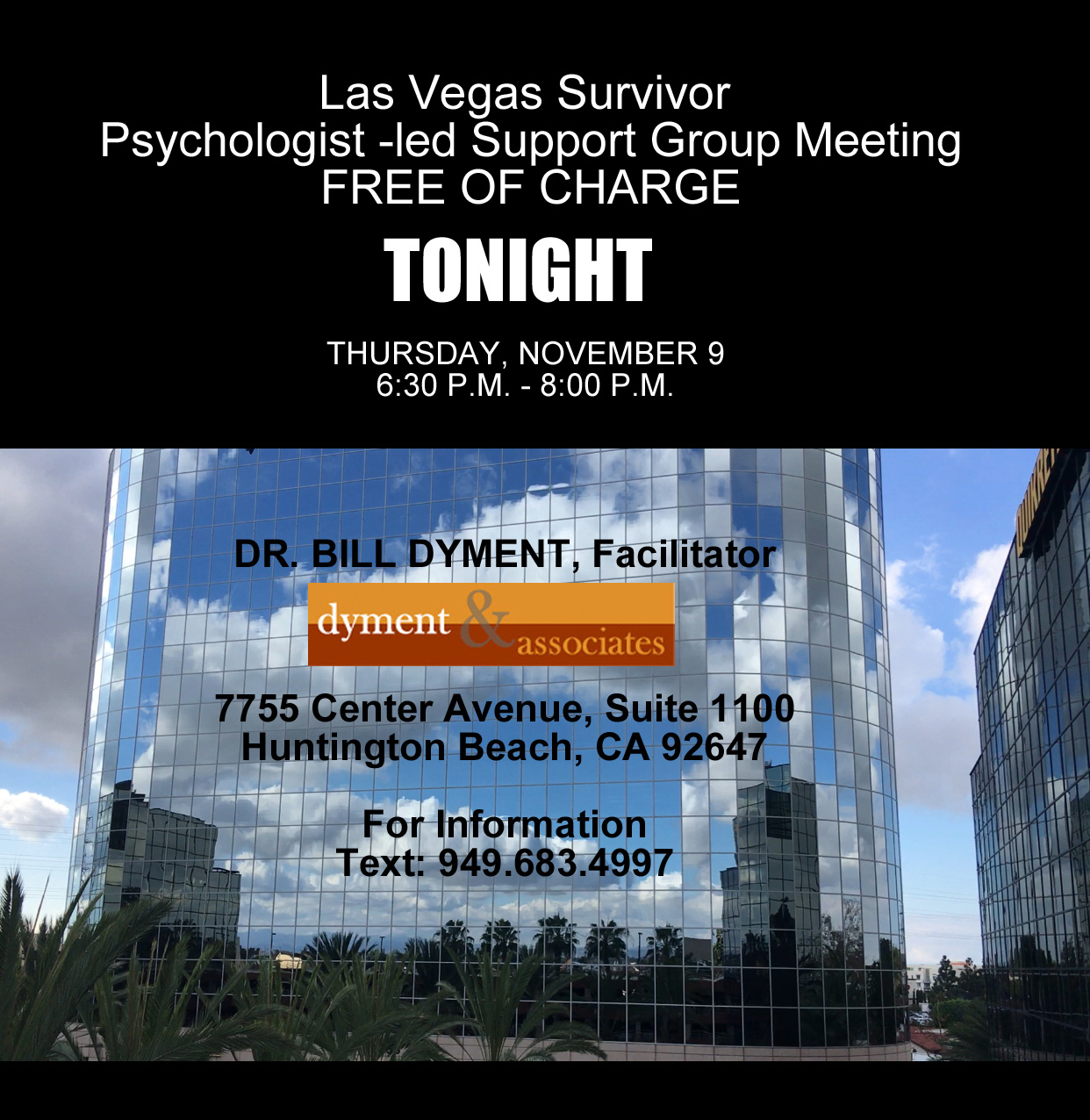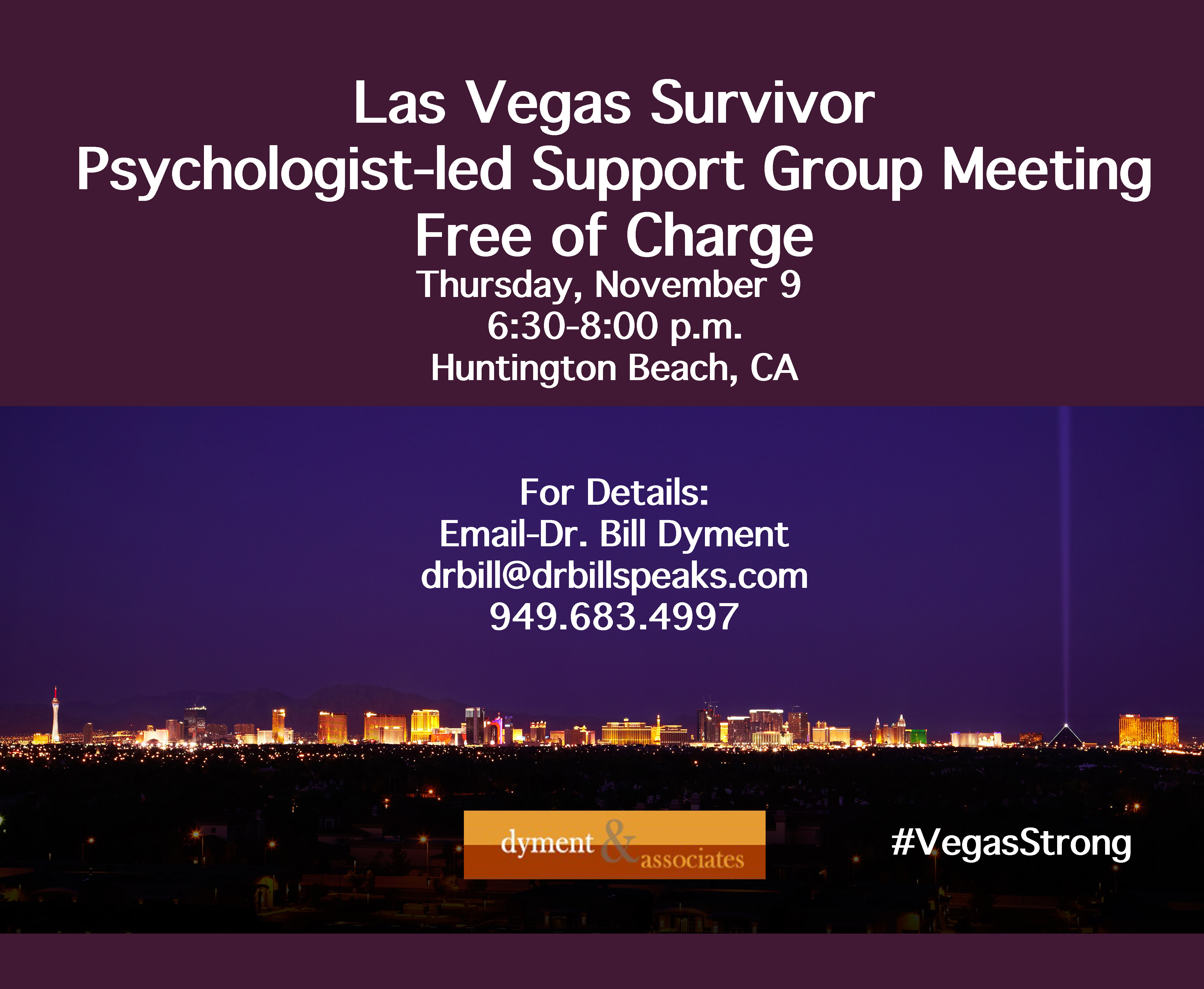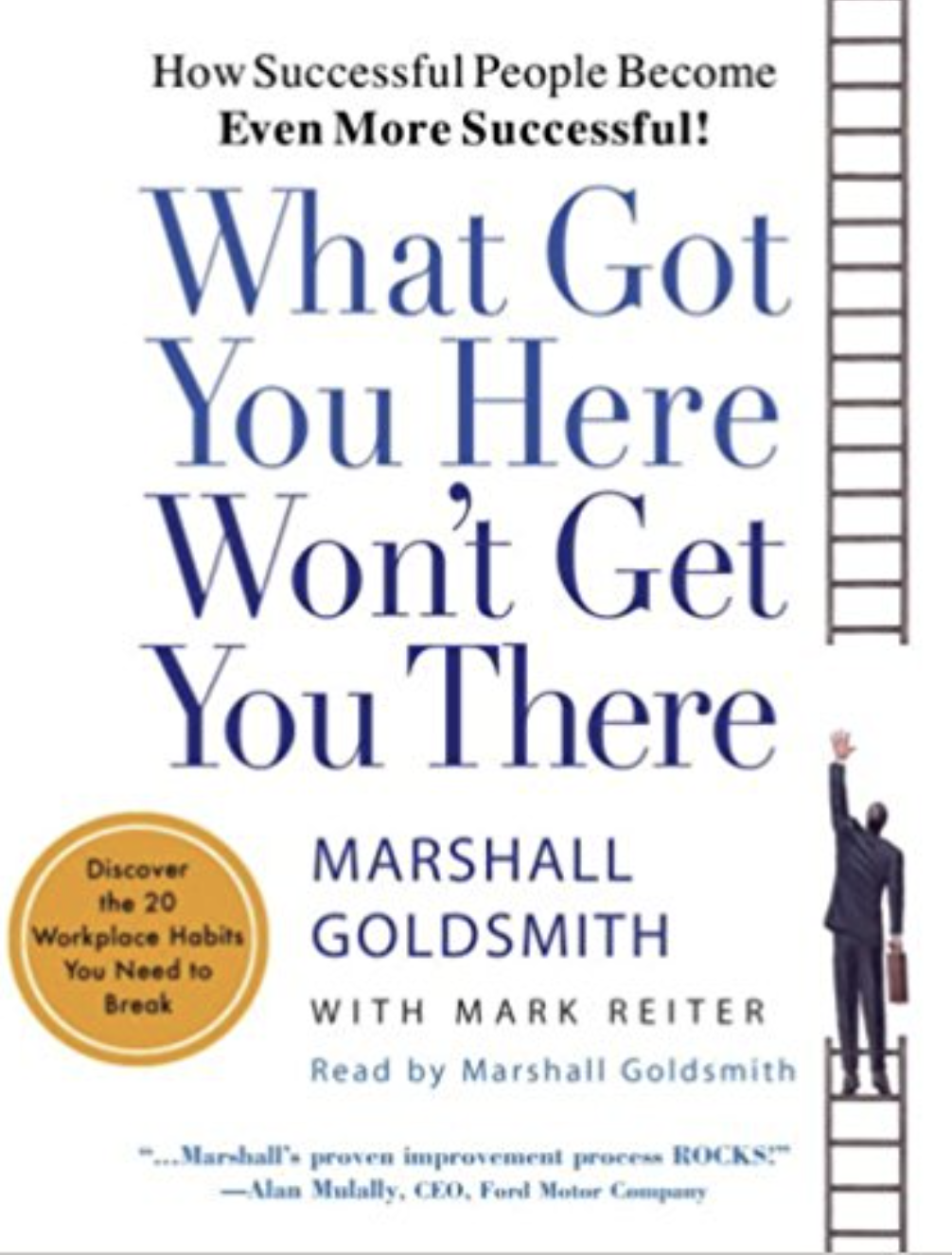Welcome to 2018!
Have you entered this year with hope, excitement, and motivation?
Or, is there a part of you that knows besides your enthusiasm there is some fear too? Maybe you suspect that this year, despite all your best intentions, may turn out much like the one that just ended-beginning full of expectation but ending with a discouraging list of unrealized dreams and goals.
If so, you are not alone.
Many of us feel both excitement AND some cynicism at the start of each new year. Some have abandoned new year’s goal planning altogether hiding behind intellectual rationalizations, for example, “I plan all year round, etc.” Others, simply have quietly stopped setting written goals knowing, with sadness, they would be very unlikely to achieve them so why go through it all again. The truth for all is: There is little reason to expect a different outcome this year if you do the same things you have always done. And, many of us have made the same attempts January after January and have frankly grown tired of trying so hard.
Einstein said it well:
“We cannot solve our problems with the same level of thinking that created them.”
A better way…
The singular passion of my career has been observing, cataloging, and learning how people make significant changes and do so permanently. In recent years, I have written books, assessments, resources, and now a course on how to do just that. These techniques have transformed my business and personal life and they will yours too, if you implement them.
For the first year ever, I am releasing my Leap Year Course–One Week to An Extraordinary Next Year. The course was developed with the invaluable feedback of hundreds coaching, clinical clients and thousands audience members from 2650 audiences over the past twenty years!
Clearly and earnestly, you have told me what you need to reboot your career and personal goals and this short course contains what you have asked for to make this year extraordinarily different. It is not a difficult journey, but it does take focus and discipline to start. Each student will develop his or her own pathway but the foundational practices described in this course will “set the stage” to make your breakthrough happen.
The course is priced reasonably–just the cost of one face-to-face coaching session-and comes with a 100% money back guarantee. Complete the workbook in its entirety and feel as if the course was not worth the cost and we will refund your money, no questions asked.
Is Permanent Change in Mid-Life Possible? The Story of Three Clients…(Names and minor details have been changed to protect privacy.)
George
When he came to see me, George was a highly educated, late career professional who had been laid off for two years. He was naturally sad about his career loss and, as the months had passed, feeling hopeless about his prospects. For twenty years he excelled in his field working with top corporations. But times had changed and the digital world had rendered a number of his skills obsolete. Fortunately, the principles he has learned about marketing, sales and customer service had not, but the delivery system for doing his work had totally evolved. We worked together to identify what new skills he would need to acquire to be highly marketable again in the new economy. There was a very critical list of new skills he would need, but it is was not a long list. He had a choice to make-add to his skill set and position himself as a seasoned but cutting-edge, digitally-savvy, professional or fade out into an early retirement. He chose the latter and has just landed a huge consulting deal which has the potential for setting up for financial security for the rest of his life. More importantly, his new way of working can be duplicated over and over again with new clients giving him all the financial resources he needs.
Mandy
Mandy was working in a hospitality industry when she first came for help. She enjoyed her customers and was loved by her team but she knew she was capable of much more. We identified that she enjoyed the medical field and, together, identified a quick career change path to a job within a hospital setting. She went back to school for a few months, got her certification, and was picked up by a prestigious hospital where she is thriving. She is now ready to go back for another certification (and raise.) In addition, she shared that she had always had a love for making crafts but had no idea how to market and sell them online. Together we put together a customized curriculum of free resources she could study to learn how to create an online presence to sell her crafts. She has now sold many online products and is excited about what she can create and sell next.
Chris
Chris always knew he had “a book in him.” He had a number of ideas and pages of digital notes, but did not know which direction to take to get his message out to the public. He also suffered from the deadly disease all new would-be writers and entrepreneurs have–believing their book’s message is for everyone! (Not so!) We worked together to sort through his options and to focus in on a realistic niche of potential readers: Should he write an ebook, a course, a webinar, a self-published book, or work to find a traditional publisher? We identified a customized course of study that Chris could use to answer these questions and, slowly, he began to build a group of interested followers while he worked on his first product. In this way, Chris was able to sidestep the two most deadly pitfalls for new writers–spending months writing a book that is too general and not developing an audience, beforehand, to sell to when you are finished. Instead, Jim’s new following would not only be future buyers of his book and other resources, but, equally important, also give him invaluable feedback along the way about what to include in his products and books.
Each of these three individual came to us knowing that they could do and be more, but knew they needed help. They also knew that time was passing by and they could easily spend another three or four years trying to discover what they could to change their lives to get their message or craft out into the world. Instead, they significantly shortened the time needed to thrive and had their leap year!
What about you? Can you relate?
If so, let’s talk.
Here are three options for jump-starting your 2018:
- Give yourself an almost unfair advantage this year by signing up for the Leap Year (self-study) Course ($197, with a 100% money-back guarantee!)
2. Sign up for a one-hour Mastermind Session iwhat you need to start the year off quickly? (Note: These sessions can be held in our Huntington Beach offices, by phone or by video, just call or email for details.)
3; Invest in a comprehensive, five-session, Career Transition Coaching Package with five assessments.
To learn more, email us at:
or
Call me direct at:
949.683.4997
Best wishes for an extraordinary 2018!
Dr. Bill Dyment











